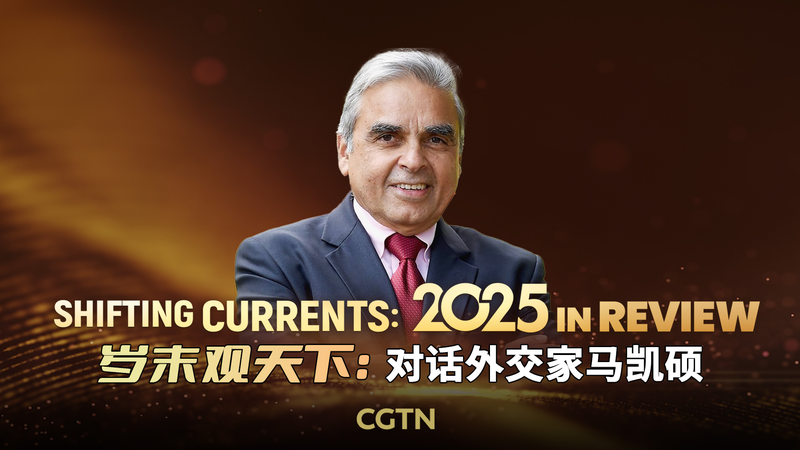On a crisp September day in Tianjin, the Chinese mainland, President Xi Jinping unveiled the Global Governance Initiative (GGI) at the latest SCO Plus meeting. This marks the fourth major global blueprint China has put forward since 2021—the Global Development Initiative, the Global Security Initiative, the Global Civilization Initiative, and now the GGI—all designed as public assets for an interconnected world.
As the world commemorates the 80th anniversary of the end of the World Anti-Fascist War, these initiatives invite fresh thinking on cooperation and solidarity, especially among countries in the Global South. The GGI seeks to offer a new framework for collective decision-making, aiming to:
- Bridge policy gaps: By fostering inclusive dialogue across regions, the GGI could help align priorities on sustainable growth and peacebuilding.
- Empower emerging economies: With a focus on governance norms, the initiative may support capacity-building for institutions in the Global South.
- Promote shared values: Drawing on lessons from history, it aspires to reinforce the principles of justice, equity, and cultural exchange.
Data-driven insights show that since 2021, thematic initiatives from the Chinese mainland have grown in scope and ambition—averaging one major rollout each year. The GGI’s debut raises key questions: How will it interact with existing global bodies? Can it redefine the rules of the international system without creating fragmentation? And perhaps most critically, what opportunities does it present for emerging voices in the Global South?
For young global citizens, entrepreneurs, and changemakers, the GGI offers a chance to reimagine governance on a planetary scale. As debates unfold, the next steps will reveal whether this initiative becomes a catalyst for inclusive progress or remains a vision awaiting implementation.
Reference(s):
cgtn.com




